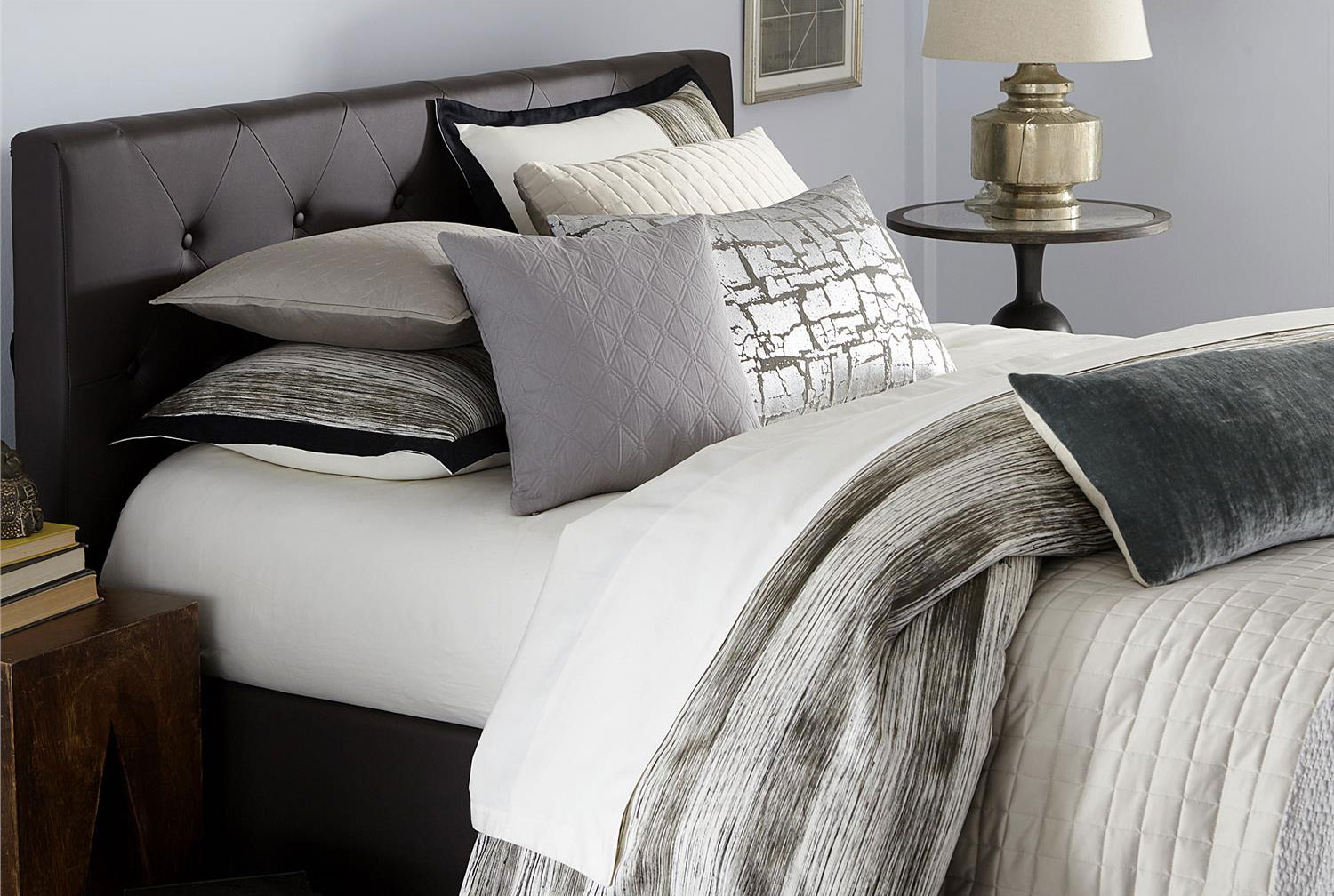
How well you sleep can influence your entire day. Are you ready for your 9 AM meeting? Will you remember to pick up the kids at 4? These tips for a good night’s sleep aren’t a magic bullet, but with good sleep hygiene and a great bed, sweet dreams aren’t too far away.
How to choose the right mattress for a great sleep
A good night’s sleep starts with the right mattress.
One of the smartest things that I was told growing up is that you spend almost your entire life standing in your shoes or lying on your bed, so you should never scrimp on either. I’ve adhered to that advice ever since, and I never sacrifice style for comfort with my shoes (or comfort for price with my mattresses). Spending a little more on your mattress could the difference between having to shell out for weekly physiotherapy for a year, so as far as I’m concerned, I think the books still balance out.
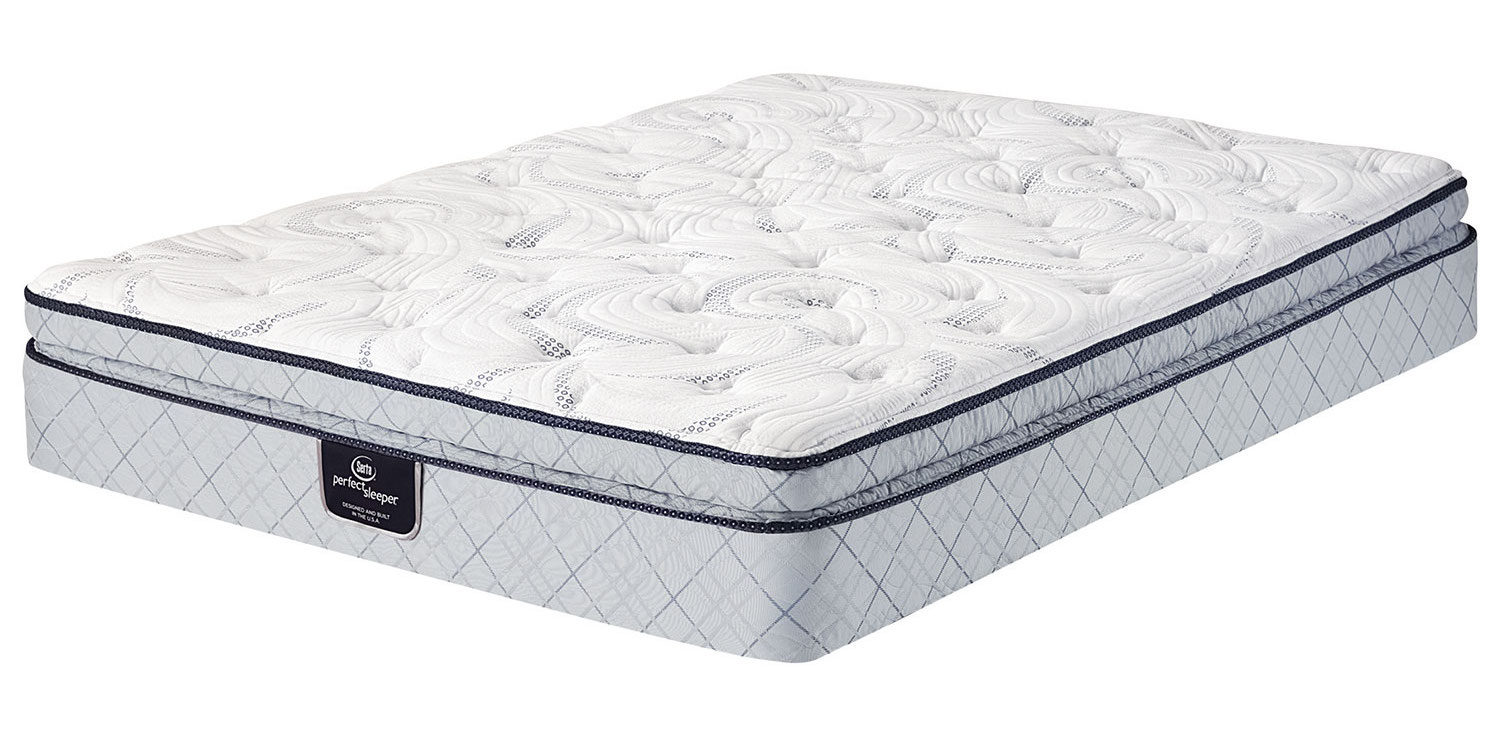 The most important thing about a mattress is that it works for YOUR body, so make sure you get the right one. Sleep around–take naps on a wide variety of different models in person before settling. To ease pressure points, opt for a memory foam mattress like the Signature Sleep 8″ Memoir Adjustable Firm Memory Foam Mattress available at Best Buy, or add a memory foam mattress topper to your current mattress.
The most important thing about a mattress is that it works for YOUR body, so make sure you get the right one. Sleep around–take naps on a wide variety of different models in person before settling. To ease pressure points, opt for a memory foam mattress like the Signature Sleep 8″ Memoir Adjustable Firm Memory Foam Mattress available at Best Buy, or add a memory foam mattress topper to your current mattress.
I have a lot of trouble getting up out of bed thanks to my fibromyalgia, so I actually prefer a firm mattress with a pillow top to a memory foam one–something like the Serta Perfect Sleeper Tuscan Sunsrise mattress. Pillow top mattresses also trap less heat than memory foam ones, so for hot sleepers, they’re often a better option.
The most important part is to make sure you’re listening to your body, so check for return policies and test to the best of your ability. If it’s causing you back pain or numbness in your limbs, don’t just “stick it out” for the next 10 years! Check for heat retention, ease of motion, and motion transfer in each and every mattress you test.
Creating the perfect bed for a good night’s sleep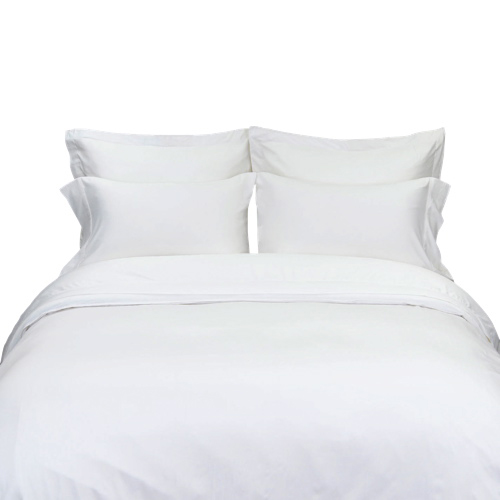
Once you have the right mattress for your body, the rest comes easily. Start by making sure you choose pillows with adequate head and neck support. Memory foam pillows provide firm support, but tend to be a standard size, so they’re best for those with an “average” build and weight–at 5’2″, for instance, they’re so much too big for me that they give me headaches.
Back sleepers do best with pillows that are slightly fuller on the bottom third, while side sleepers need a firmer pillow to rest on. Ideally, a front sleeper would change their sleeping habits altogether (sorry, stomach sleepers!), but if that’s not an option, a very thin pillow is ideal.
To choose the right bedding for a good night’s sleep, use mattress and pillow protectors whenever possible for easy cleaning. Then, cover them with natural fibre sheets–they’re softer and more breathable than synthetic ones. Rayon from bamboo and cotton are both great options, like in this Highland Feather Home Luxury Collection Bamboo/Cotton Sheet Set.
Eating well to sleep on schedule
Did you know that your body has to actively work to digest your food? When you have a big (or even just moderately-sized) meal, your body essentially “wakes up” to make sure everything’s being processed correctly and used to generate more energy.
Not eating after sundown (or around 6:30, for those of us living at a higher latitude) tells your body to fast throughout the night. Not only does this make for a good night’s sleep, but it encourages your body to use up more of its fat reserves throughout the night, too.
 Dietary choices are important too, and what you’re consuming (especially later on in the day) can have a big impact on how well you sleep at night. That nightcap that you’re having before bed may make it easier to fall asleep, but alcohol makes you more likely to wake up throughout the night. And anything with caffeine in it can prevent your brain from slipping into the deeper stages of sleep.
Dietary choices are important too, and what you’re consuming (especially later on in the day) can have a big impact on how well you sleep at night. That nightcap that you’re having before bed may make it easier to fall asleep, but alcohol makes you more likely to wake up throughout the night. And anything with caffeine in it can prevent your brain from slipping into the deeper stages of sleep.
For a good night’s rest, try your best to avoid alcohol, caffeine, and sugar after lunch. That includes the “hidden” foods, too! Fruits, and especially dried fruits, are high in sugar, and even chocolate ice cream can contain enough sugar and caffeine to keep you up all night. Instead, try your best to have your coffee and fruit at breakfast. If you’re hungry before bed, try eating a light snack: for instance, a few cashews and some fresh cucumber slices.
Getting a good night’s sleep using the right lighting
For me, the two biggest things that affect my sleep are routine and lighting. Too much “blue light” from your computer screen or daylight bulbs wakes your brain back up, suppressing melatonin production and shifting your natural circadian rhythm.
You know how morning sunlight is always a little cooler, and the evening sunset is always really warm and orange? Try your best to make your artificial lighting mimic that same effect. Turn on your daylight bulbs when you wake up, use soft white during the day, and switch to low, warm light at night. (Before bed, I depend almost entirely on small, warm fairy lights or candles to light my bedroom.)
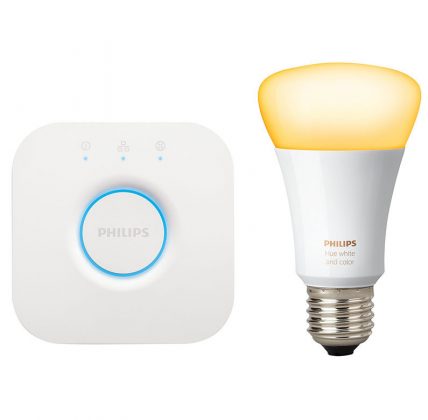 This is actually a great place to add tech to your bedtime routine. Colour-shifting smart lights can give you warmer light at nighttime all over your house, and programs and apps like f.lux and Night Shift make your digital devices follow the same temperature patterns as the sun itself.
This is actually a great place to add tech to your bedtime routine. Colour-shifting smart lights can give you warmer light at nighttime all over your house, and programs and apps like f.lux and Night Shift make your digital devices follow the same temperature patterns as the sun itself.
Maintain proper sleep hygiene to get a good night’s sleep
Finally, the #1 most important thing in getting a good night’s sleep is maintaining proper sleep hygiene. Bedtime routines aren’t just for children anymore: following a consistent pattern helps kids attune their circadian rhythms to the 24 hour day, and it can help you do the same.
Avoiding caffeine and following the sun follows good sleep hygiene practices, but it goes beyond that. For a good night’s sleep, don’t nap for more than 20-30 minutes during the daytime. Stay out of your bedroom unless you’re going right to bed. Keep a cool room temperature in your bedroom, and don’t pile an excessive number of blankets on the bed.
But most importantly, keep to that routine. Read a book for a half hour every day before you go to bed, or always turn your computer off at 10:30 pm. Get up and go to sleep at the same time every day (yes, even on weekends!), and give yourself plenty of time to sleep each night before your alarm goes off.
A good night’s sleep determines your entire day, so make a positive change in your life by starting with the right mattress.


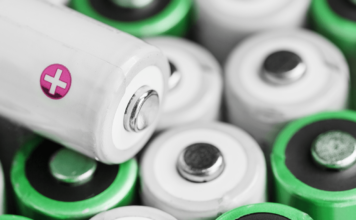









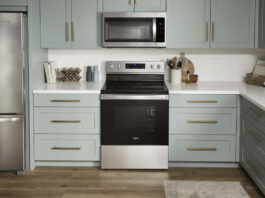






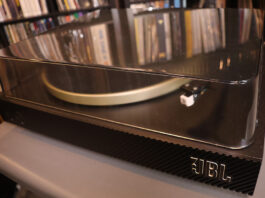




















Stress really seeps over into every aspect of our lifes doesn’t it. When I get stressed I find it hard to sleep as well. I also sometimes do night shifts which makes it even harder to fall alseep sometimes. I will be looking into all your tips.
Hey Rae, thanks for the great post! Not eating after sundown or 6:30pm is a habit that I would love to learn but it’s so difficult for woman! 🙂 -Nicky
Comments are closed.